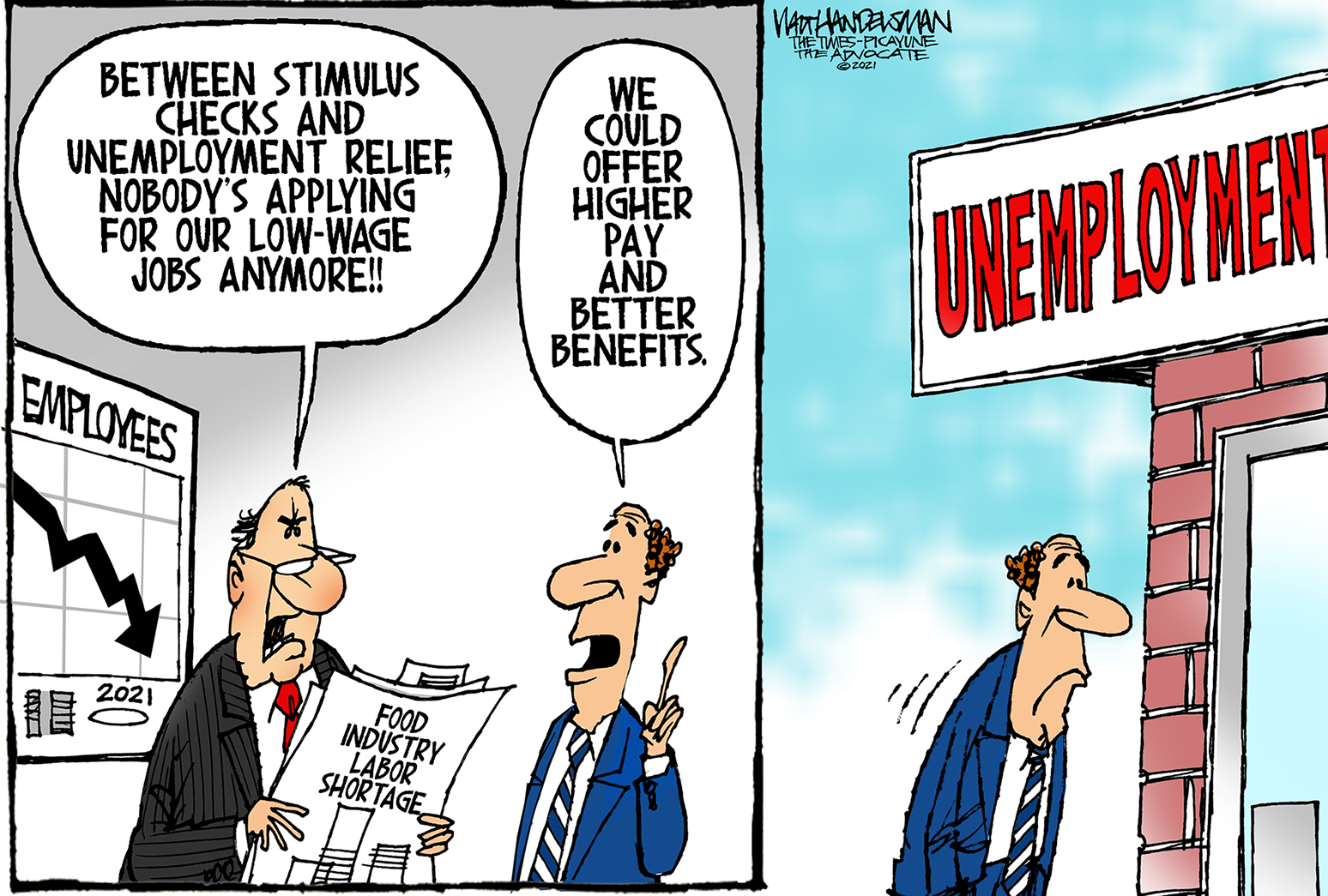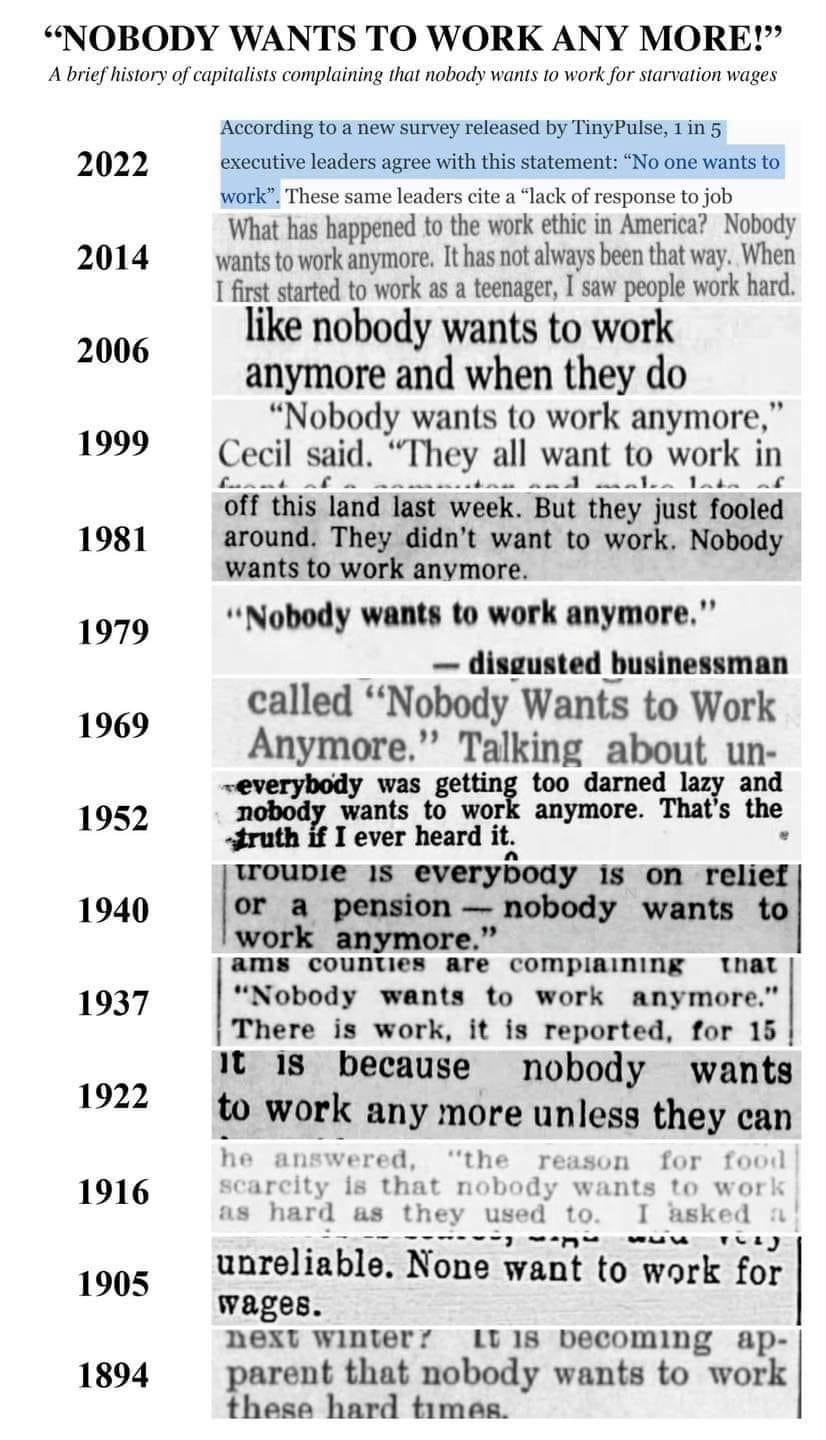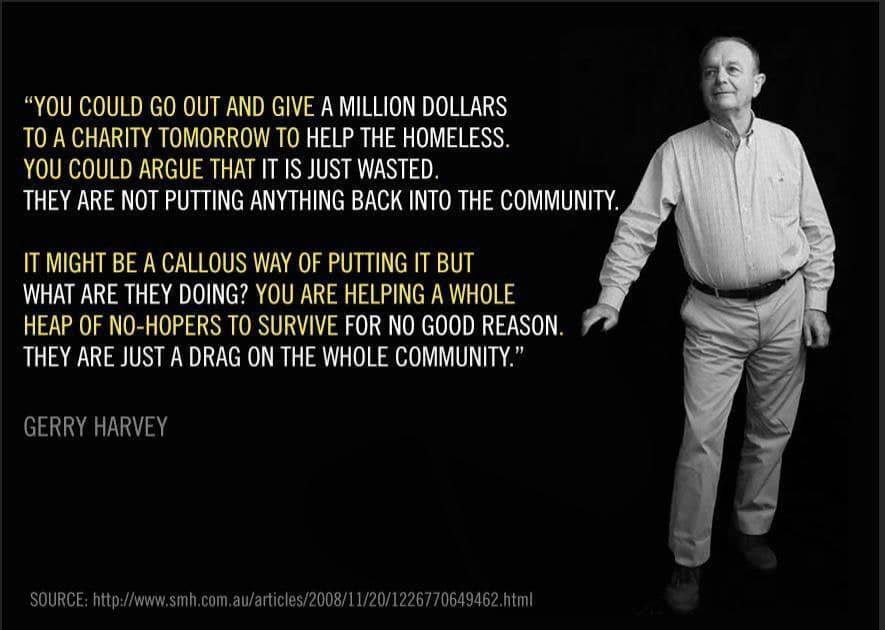
The term “bludger” originated in 19th century Australia. At first, it referred to a person who lived off immoral earnings - a pimp. The original bludgers were thus in business, albeit with the oldest profession.
By the end of the First World War, the meaning had expanded, though the original was current until the middle of the 20th century.
These days, the original connotation is rare. Variations on the term are characteristically directed at anyone and any behaviour of which the speaker disapproves.
To my mind, a “bludger” imposes on others. This can take many forms, but two are most common:The first, I've labelled cheap, the second, lazy.
The cheap bludger imposes extra costs. The lazy bludger imposes extra workload.
This is far from a complete list.
The impetus for this post was a perceived increasing incidence of the phrase “dole bludger” in media. I've noticed it particularly on social media (so it could be a product of the posts and comments that I respond to). The term was apparently coined by Liberal MP Bert Kelly in the early 1970s. A “dole bludger” is content to live on “the dole” and makes no attempt to find work. It would be a form of lazy bludger.
During the 1970s, economic policy shifted from seeking full employment to one which not only allows higher unemployment, but to some extent relies on it. Our government needed to shift blame. As is so often the case, the victims are the scapegoats. Hence, “dole bludgers”. The term deflects blame for consequences of policy onto victims of that policy.

For about six years from the mid 1980s, I worked in the Commonwealth Employment Service. That gave me experience of bureaucracy, employers and the unemployed.
In those years, I encountered one case that looked like “dole bludging”. It turned out to be welfare fraud. The bloke was failing to turn up for job interviews because he was already working (while claiming benefits). In my experience, if “dole bludgers” (people who are content to live on benefits alone) exist at all, then they're a vanishingly insignificant minority. If we count our fraudster, then it's one in many thousands.
Difficulty obtaining staff is often presented as evidence of “dole bludging”. “If there are so many people on the dole, then why didn't anyone answer my job advertisement?” In my experience, employers with a good reputation rarely have problems finding and keeping workers. Good conditions, good treatment and reasonable pay all come into consideration. In this context, resistance to paying is often a problem. In other words, the employers involved are probably cheap bludgers. Miserliness is rarely the only problem, but that's different bludging (nasty bludgers?).

Business isn't entitled to employees. It's a privilege that's assumed, but can be lost.
I've no doubt that lazy bludgers exist. In my experience however, the epithet is most commonly used by those who feel a need to control what is done, when it is done and how it is done. For example, a worker who wants to work safely (which is too slow for the employer) might be labelled a lazy bludger.
Edit 14 August 2022
The problem is not new (credit @filthydancer on Twitter):

End edit
Cheap bludgers are the type I've encountered most often. Typically, an employer would complain about award wages. “The job's not worth that.” “My business can't afford that.”
I lost count of the number of times I had to explain that labour doesn't come to the market cost-free. An employer who refuses to pay the full cost is free-loading (bludging would also be an appropriate term) on the society and economy that produced the worker. A business that can't pay the full costs of all of its inputs (including labour) is technically insolvent.
“Who will pay?” That's the usual response of a cheap bludger to any government initiative. The bludger fears that they might not be able to avoid paying their way.
More recently our government rejected, reportedly on price grounds, an offer of Pfizer COVID-19 vaccine. Their reliance on the cheaper AstraZeneca alternative has not been a success. The true cost in health, mortality and economic impacts will probably never be known. Overseas, some governments have given priority to economics over health. Millions have died.
A prominent subset of cheap bludgers are the tax bludgers. They complain about their "tax burden" and call for "tax relief", then organise their affairs to avoid and evade.
Governments in pursuit of the cheap bludger vote are often complicit in tax bludging. They corrupt tax law to facilitate avoidance of honest reckoning.
Edit 29 June 2021
There's an element of selfishness in most bludging.
For COVID-19, a face mask protects the wearer less than it protects others from the wearer. To a selfish bludger, that's good reason not to wear a mask.
In business, externalising
costs is regarded as canny business practice. It is, of course,
bludging. It could be argued that selfish bludging is a fundamental
characteristic of market Capitalism
Edit 10 July 2021
The greedy take as much as they can. Greed is by nature selfish. A greedy bludger is usually a tax bludger. They're also often cheap bludgers. Greedy bludgers are common in business.
The archetype of the greedy bludger is probably Gerry Harvey. During the pandemic, his business' profits doubled. The business received funding intended to support businesses that suffered from impacts of the pandemic. Other businesses in a similar position repaid that funding. Harvey refused.

End edit
Which does the most harm?
 This work is licensed under a Creative Commons Attribution 4.0 International License. |
Feedback: This e-mail address is being protected from spam bots, you need JavaScript enabled to view it. |